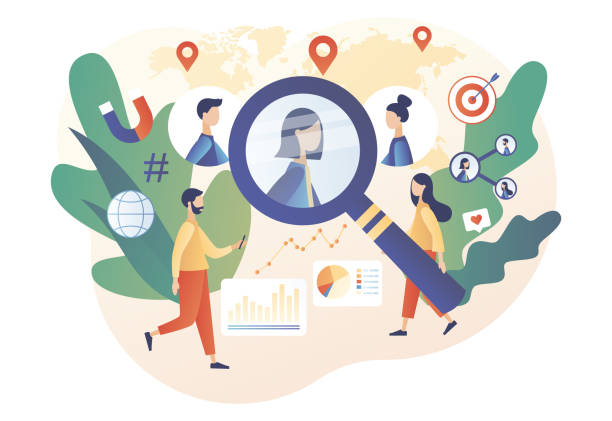Introduction to DIGITAL MARKETING
1.What is DIGITAL MARKETING
Digital marketing refers to the use of digital channels, platforms, and technologies to advertise and promote products, services, or products to target audiences. It encompasses a wide range of online marketing activities and strategies aimed at reaching customers through digital channels. Digital marketing uses the Internet and electronic devices to communicate with potential customers in real time. 2. Advantages of Digital Marketing
Compared to traditional marketing channels, digital marketing offers businesses and marketers many advantages. Here are some of the main benefits:
1.Global Reach: Digital marketing enables businesses to reach a global audience. The Internet can expand your marketing efforts beyond geographic boundaries, allowing you to connect with potential customers around the world.
2. Targeted Advertising: Digital marketing platforms offer sophisticated targeting options. Marketers can taret specific demographics, interests, and behaviors to deliver their messages to more relevant audiences, increasing the chances of engagement and conversion
3. Cost: Digital marketing can be more cost-effective than traditional advertising methods. With tools like pay-per-click (PPC), businesses only pay when users interact with their ads. This makes it easier for companies of all financial backgrounds and sizes to engage in effective advertising programs.
4. Measurable Results: Digital marketing allows for greater tracking and analysis of campaign performance. Retailers can use analytics tools to measure key performance indicators (KPIs), such as website traffic, conversion rates, and return on investment (ROI). This data provides insights that can be used to optimize future campaigns.
5. Real-Time Engagement: Digital marketing allows you to interact with audiences in real time. Social media, live chat, and instant messaging provide instant communication channels, allowing companies to address customer questions, concerns, and feedback in real time.
3.History of Digital marketing
The history of digital marketing is closely linked to the development of the internet and technological developments. Here is a summary of key developments in digital marketing history:







0 Comments